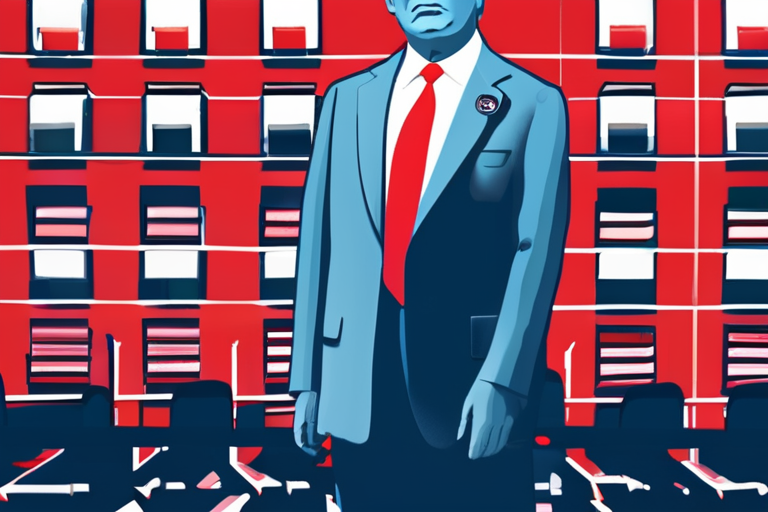
Multi-Source Journalism
This article synthesizes reporting from multiple credible news sources to provide comprehensive, balanced coverage.

Multi-Source Journalism
This article synthesizes reporting from multiple credible news sources to provide comprehensive, balanced coverage.
Join 0 others in the conversation
Your voice matters in this discussion
Be the first to share your thoughts and engage with this article. Your perspective matters!
Discover more articles

California has passed a new AI law that requires companies with over $500 million in annual revenue to disclose their safety protocols and report incidents, but stops short of mandating actual testing or enforcement. The legislation, which Governor G

A pro-AI super PAC, backed by prominent tech investors and leaders, has set its sights on New York Assembly member Alex Bores, who is championing a bill to regulate AI safety in the state. The super PAC, Leading the Future, aims to counter policymake

In a significant policy shift, the European Union is reassessing its aggressive approach to regulating the tech industry, driven by concerns that overregulation is hindering economic growth and leaving the bloc lagging behind the US and China. The Eu

California Governor Gavin Newsom has signed a landmark AI safety regulation that requires major tech companies to disclose their protocols for mitigating AI risks, report critical incidents, and protect whistleblowers. This move is seen as a signific
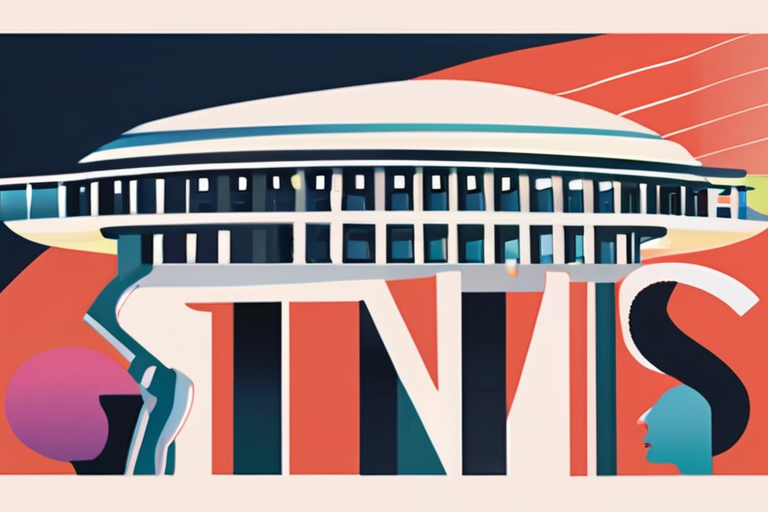
California's state senate has approved a new AI safety bill, SB 53, which targets large AI companies with over $500 million in annual revenue, requiring them to publish safety reports and disclose incidents to the government. This narrower approach m
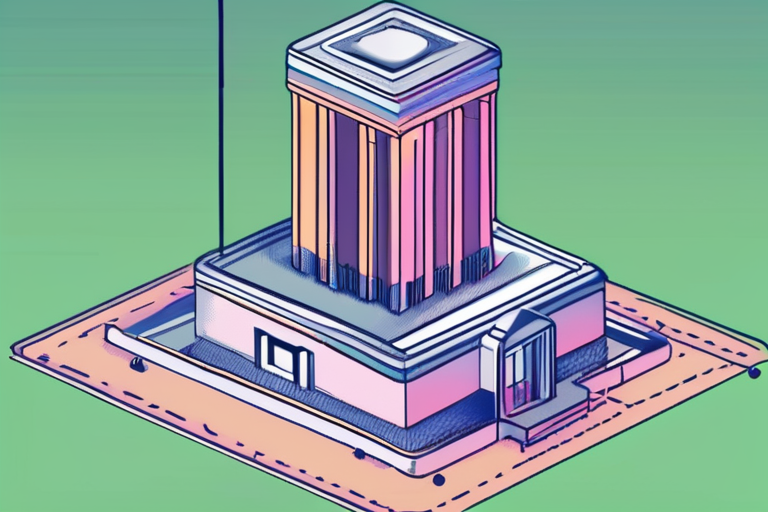
A small California-based nonprofit, Encode, has publicly accused OpenAI of using intimidation tactics to undermine the state's AI safety law, SB 53. The allegations come from Nathan Calvin, general counsel at Encode, who claims that OpenAI used its o

California lawmakers are set to vote on a bill requiring transparency reports from developers of highly advanced AI models, amid growing concerns about the potential risks of these cutting-edge technologies. The proposed legislation aims to shed ligh

California Governor Gavin Newsom signed into law SB 53, a bill requiring large AI labs to be transparent about their safety and security protocols, amid concerns over catastrophic risks such as cyberattacks or bio-weapons. The law aims to strike a ba

Silicon Valley leaders have sparked controversy with allegations that some AI safety advocates are motivated by self-interest or hidden agendas, sparking concerns of intimidation among the nonprofit community. This latest incident is part of a growin

OpenAI has requested the US government to expand the tax credit from the Chips Act to cover data centers and AI servers, aiming to lower the cost of capital and accelerate the construction of AI infrastructure in the US. The company's proposal, outli

Former FTC official Doug Farrar claims that the Trump administration is instructing the Federal Trade Commission to act as a facilitator for large AI companies, potentially enabling deals like Pfizer's takeover of Metsera. This alleged "concierge" ro

California has become the first US state to pass a landmark law regulating cutting-edge artificial intelligence (AI) technologies. The Transparency in Frontier Artificial Intelligence Act requires developers of highly advanced AI models to publicly d

A pro-AI super PAC backed by prominent tech investors and OpenAI has set its sights on New York Assembly member Alex Bores, a key sponsor of a bill aimed at regulating AI safety in the state. The super PAC, Leading the Future, plans to spend millions

Several US states, including Utah and California, have introduced labeling laws that require entities to disclose when they use artificial intelligence (AI), allowing consumers to opt out if they choose. These laws aim to increase transparency and em

California State Senator Scott Wiener is reintroducing a bill aimed at regulating the dangers of artificial intelligence, after his previous attempt was vetoed by Governor Gavin Newsom in 2024. The new bill, SB 53, has gained more support from tech c
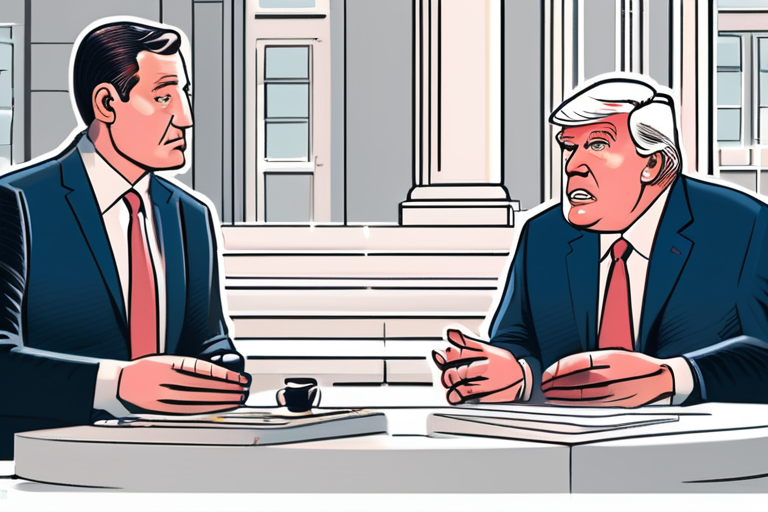
Senator Ted Cruz's proposed AI policy framework has sparked criticism from lawmakers and experts who warn it could allow tech firms to bribe the Trump administration to circumvent safety regulations. The framework, which aims to promote American lead

California lawmakers have passed Senate Bill 53, a landmark legislation requiring AI companies to submit to new safety tests and provide transparency into their processes, including disclosing safety incidents and risk evaluations. This bill marks a
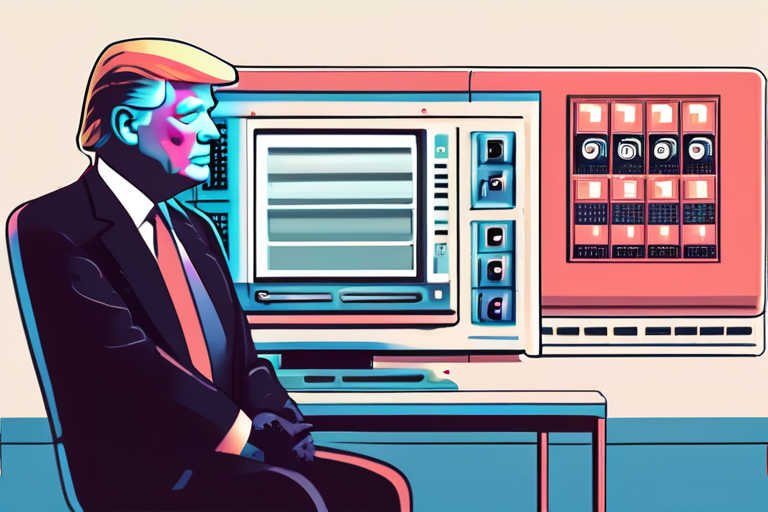
The Trump administration appears to be shifting its stance on state-level AI regulation, with a proposed executive order to challenge state laws through lawsuits now reportedly on hold. This reversal comes after the administration had been pushing fo
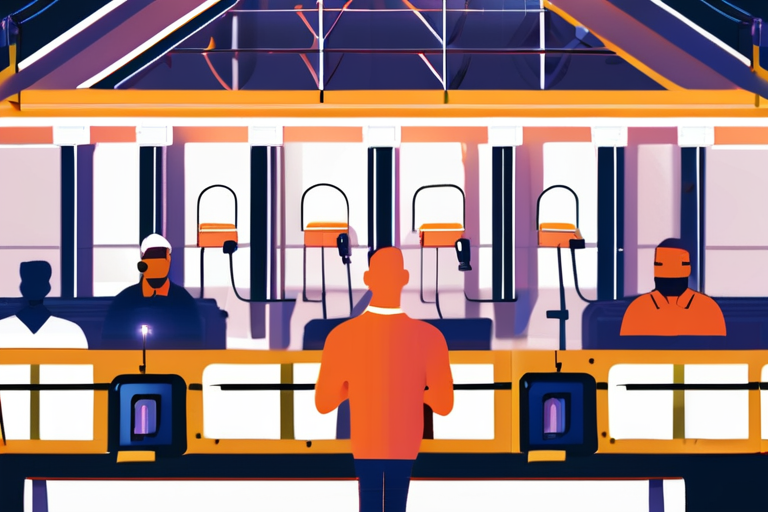
California Governor Gavin Newsom signed into law SB 53, a bill requiring large AI labs to be transparent about their safety and security protocols, addressing concerns over catastrophic risks such as cyberattacks on critical infrastructure. Advocates

Senator Ted Cruz plans to introduce legislation that would grant artificial intelligence companies a 10-year regulatory reprieve, allowing them to test new products without federal oversight. The proposed bill would establish a "regulatory sandbox" o

California has passed a new AI law that requires companies to disclose their safety practices, but critics argue it falls short of meaningful regulation due to its lack of enforcement mechanisms and clear standards for accountability. The law, signed

US President Trump's comments on potentially selling advanced AI chips to China have sparked alarm among national security experts, who warn that such a move could compromise America's strategic advantage in the rapidly evolving tech landscape. The s

California has passed a new AI law that requires tech companies to disclose their safety practices, but critics argue it falls short of meaningful regulation due to its lack of enforcement mechanisms and specificity on industry standards. The law ask

California Governor Gavin Newsom signed into law SB 53, a pioneering bill requiring large AI labs to disclose their safety and security protocols, addressing concerns over catastrophic risks such as cyberattacks and bio-weapons. The legislation aims
Share & Engage Share
Share this article